The San Francisco Department of Public Health will offer what it is calling a “supplemental” dose of the Pfizer or Moderna vaccine to anyone who received the single-dose Johnson & Johnson vaccine, but city officials said the move does not reflect a policy change and that it is not recommending a booster shot.
“We continue to align with the Centers for Disease Control and Prevention guidance and do not recommend a booster shot at this time,” SFDPH said in a statement Tuesday. “We will continue to review any new data and adjust our guidance, if necessary.”
SFPDH said that it is providing the vaccinations to accommodate special requests from individuals who have consulted with their doctors and wish to receive a supplemental dose with an mRNA vaccine, Pfizer or Moderna.
Christopher Colwell, chief of emergency medicine at Zuckerberg San Francisco General Hospital, confirmed in an email to NBC News that the doses would be available at the hospital’s vaccine clinics.
“We have gotten requests based on patients talking to their physicians, and that’s why we are allowing the accommodations,” said Naveena Bobba, deputy director of health at the San Francisco Department of Public Health said during a press call Tuesday.
Bobba didn’t say whether Johnson & Johnson vaccine recipients who request the mRNA dose will need to be referred by a doctor, although she expects the doses will be administered “based on a physician’s recommendations.”
Johnson & Johnson in a statement Tuesday night said that its single-dose vaccine provides two mechanisms of protection — antibody and T-cell immune responses — that “persisted through eight months after immunization, the latest timepoint recorded in the study so far.“
A lab study posted online last month raised some concerns that the one-dose Johnson & Johnson vaccine isn’t as robust in fighting off illness from coronavirus variants, including the delta variant, as the two-dose mRNA shots.
The study, which hasn’t been peer-reviewed or published in a medical journal, looked only at the antibody response in the blood samples, according to the researchers. Other crucial components of the immune response, such as T cells that can protect the body against the virus, weren’t examined.
Johnson & Johnson has said that the research didn’t show “the full nature of immune protection.”
San Francisco health officials stand by the one-dose J&J vaccine and say it is highly effective in fighting the coronavirus and its variants.
“The Johnson & Johnson is a good vaccine,” said Dr. Grant Colfax, San Francisco director of public health told NBC Bay Area. “We will continue to administer it.”
The delta variant is the most contagious coronavirus mutant so far in the pandemic, but vaccines still provide strong protection against it. Nearly all hospitalizations and deaths are among the unvaccinated.
Still, the U.S. Centers for Disease Control and Prevention cited the delta’s surge for its updated advice that fully vaccinated people return to wearing masks indoors in areas with high transmission. The change is based on recent research suggesting that vaccinated people who get infected with the delta variant can spread it to others, even if the vaccinated don’t get seriously ill.
The Associated Press contributed.

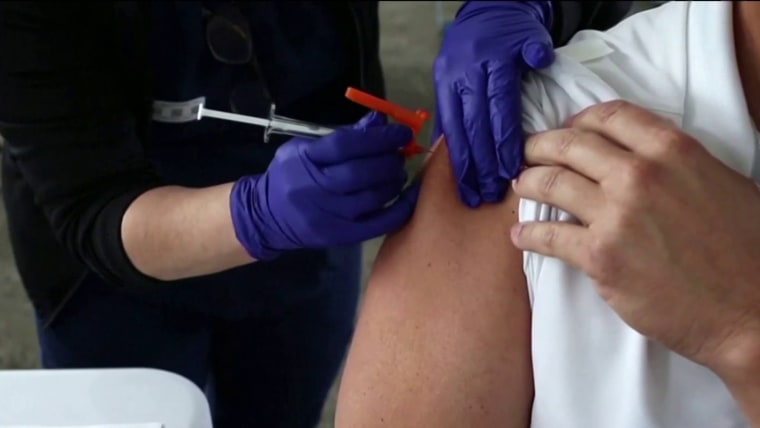

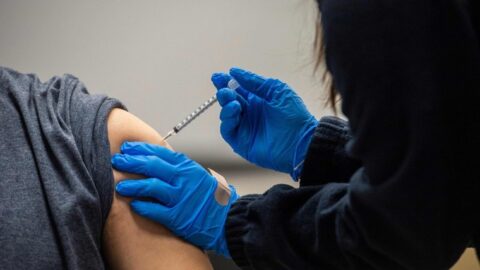
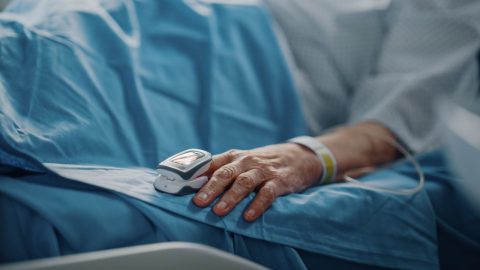
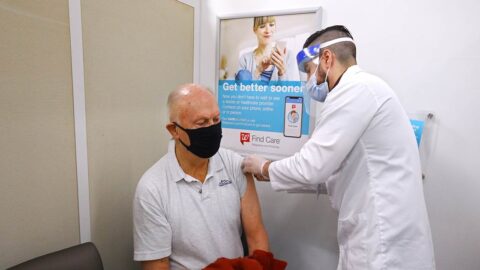
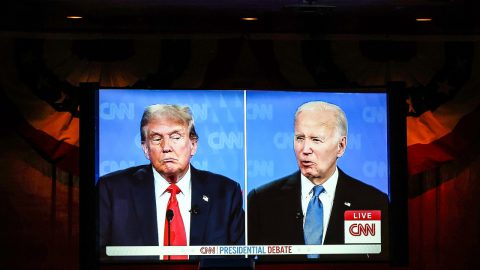
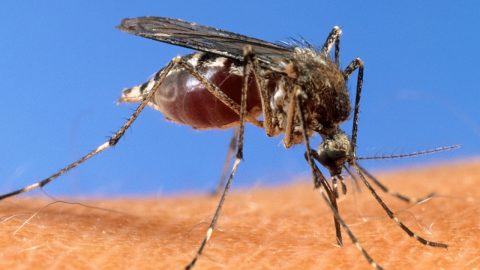
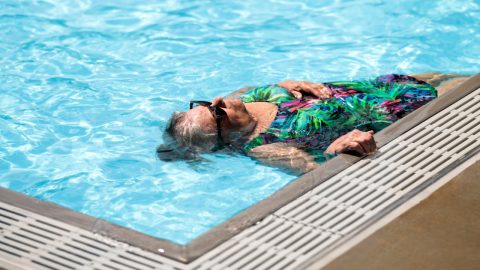

Recent Comments